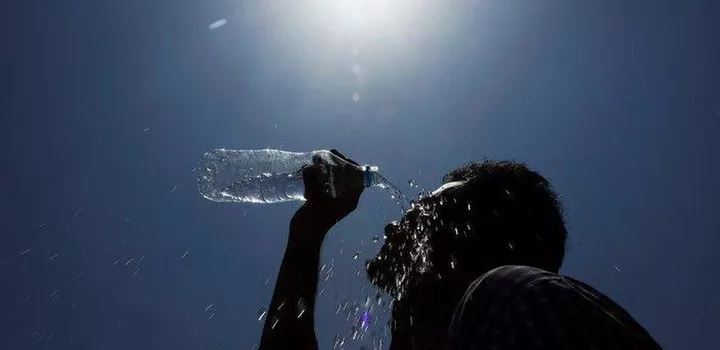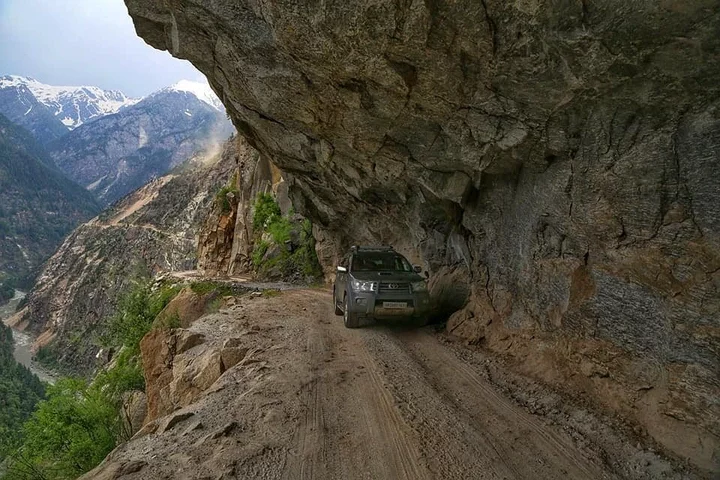![The heat wave in Nigeria can cause heat stroke [BusinessPost] The heat wave in Nigeria can cause heat stroke [BusinessPost]](https://static.netnaija.com/i/QJNjZVO3NrL.webp)
The current heat wave in Nigeria increases the risk of heatstroke.
Heat stroke is a serious condition that can sneak up on you if you're not careful, especially during those blazing hot afternoons.
Thankfully, we've got the lowdown on how to spot the warning signs of heatstroke so you can stay cool and safe under the sun.
Understanding heat stroke
First off, heat stroke is the most severe form of heat injury and is considered a medical emergency. It happens when your body overheats and can't cool down, typically as a result of prolonged exposure to high temperatures or physical exertion in hot conditions.
It's like your body's cooling system has gone on strike, and suddenly, you're overheating without a way to regulate your temperature.
Key signs you're heading for trouble
Knowing the early warning signs of heat stroke could be a lifesaver, literally. Here's what to watch out for:
1. High body temperature: The most telling sign of heat stroke is a core body temperature above 40°C (104°F). If you or someone else feels unusually hot with no sweat, it's a red flag.
2. Altered mental state or behaviour: Confusion, agitation, slurred speech, irritability, delirium, seizures, and even coma can all indicate heat stroke. It's like the heat is messing with your head, causing you to feel and act differently than usual.
3. Nausea and vomiting: Feeling sick to your stomach or throwing up can be a sign that your body is struggling with the heat.
4. Flushed skin: If you're light-skinned, your skin may turn red as your body temperature climbs. It's a visual cue that you're overheating.
5. Rapid breathing: Short, shallow breaths or a fast, strong heartbeat are signs that your body is trying to cool down but is having a tough time.
6. Headache: A throbbing headache is a common symptom of heat stroke, adding to the discomfort of overheating.
What to do if you spot the signs
If you or someone else exhibits signs of heat stroke, act fast. Move to a cooler place immediately, remove excess clothing, and cool down with whatever means available - think fans, cold packs, or a cool bath.
Drinking water is important if the person is conscious and can swallow, but avoid caffeine and alcohol as they can worsen dehydration. And most importantly, call for medical help right away. Heat stroke is not something to take lightly or treat solely at home.
Prevention is better than cure
The best way to deal with heat stroke is to avoid it altogether. Stay hydrated, wear loose and light clothing, and avoid strenuous activity during the hottest parts of the day.


















Comments